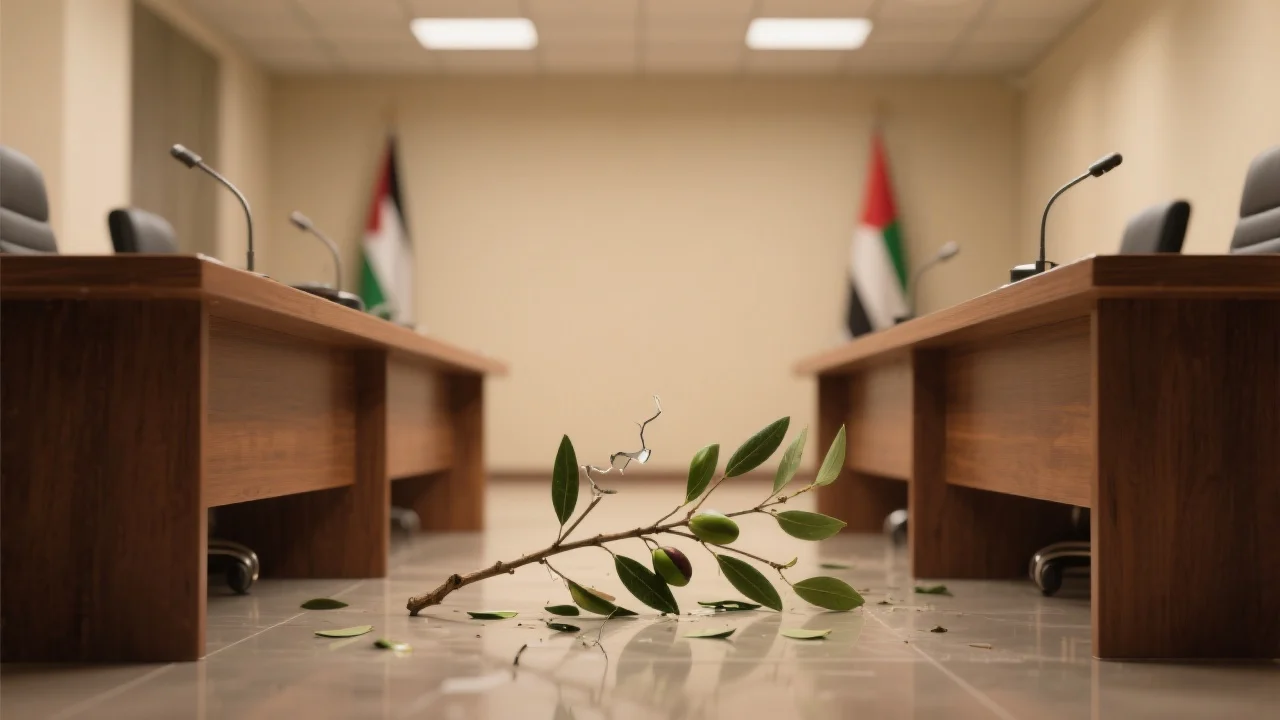The Middle East, a region rich in history and culture, has long been marred by cycles of conflict and fleeting moments of hope. Time and again, the world has watched as ceasefires are declared, only to unravel into renewed violence. The question persists: why do peace talks in the Middle East so often fail to deliver lasting solutions? This article delves into the complex web of historical grievances, political realities, and external influences that repeatedly turn ceasefires into collapses.
Introduction: The Elusive Promise of Peace
Every time a ceasefire is announced—whether in Gaza, Syria, Yemen, or elsewhere—there is a collective sigh of relief. Yet, for many in the region, hope is tempered by skepticism. As one Palestinian activist put it, “We’ve seen too many ceasefires to believe this one will last.” The cycle of negotiation, breakdown, and renewed conflict has become a tragic norm. Understanding why peace talks falter is essential for anyone seeking to grasp the region’s enduring instability.
Historical Grievances: The Weight of the Past
The roots of Middle Eastern conflicts run deep. Centuries-old disputes over land, identity, and sovereignty continue to shape the present. The Israeli-Palestinian conflict, for example, is not just about borders but about narratives of dispossession and return. As historian Rashid Khalidi notes, “Each side’s history is the other’s nightmare.” These entrenched narratives make compromise extraordinarily difficult.
Fragmented Leadership and Internal Divisions
One of the most significant obstacles to successful peace talks is the lack of unified leadership among the parties involved. In Palestine, the divide between Fatah in the West Bank and Hamas in Gaza has repeatedly undermined negotiation efforts. In Syria, a fractured opposition has made it nearly impossible to present a cohesive front. As former U.S. Secretary of State John Kerry observed, “You can’t make peace with half a government.”
External Actors: Meddling and Mediation
Foreign powers have long played a double-edged role in Middle Eastern peace processes. While international mediation can provide much-needed support, external actors often pursue their own interests, complicating negotiations. The United States, Russia, Iran, Turkey, and Gulf states have all intervened—sometimes as peacemakers, sometimes as spoilers. According to a 2023 Carnegie Endowment report, “External actors frequently prioritize their strategic goals over genuine conflict resolution.”
“The Middle East is a region where the impossible is always possible.” — Shimon Peres, former Israeli President.
The Spoiler Problem: Who Benefits from Collapse?
Not everyone wants peace. “Spoilers”—groups or individuals who benefit from continued conflict—can derail negotiations through violence or political sabotage. In Yemen, for instance, both the Houthis and certain factions within the Saudi-led coalition have, at times, undermined peace efforts to maintain leverage or control. As peace scholar Stephen John Stedman explains, “Spoilers thrive in environments where trust is low and stakes are high.”
Lack of Trust and Verification Mechanisms
Trust is the currency of successful negotiations, and it is in short supply in the Middle East. Decades of broken promises and failed agreements have bred deep skepticism. Even when agreements are reached, the absence of robust verification and enforcement mechanisms means that violations often go unpunished. The 1993 Oslo Accords, once hailed as a breakthrough, ultimately collapsed in part because of mutual accusations of non-compliance.
Humanitarian Crises and Public Pressure
Ongoing humanitarian crises—blockades, displacement, and economic collapse—add urgency to peace talks but also complicate them. Civilian suffering can pressure leaders to negotiate, but it can also radicalize populations and empower hardliners. As Dr. Maha Yahya of the Carnegie Middle East Center notes, “Desperation can drive people to the negotiating table, but it can also drive them to extremism.”
The Role of Media and Public Opinion
Media coverage and public opinion play a crucial role in shaping the prospects for peace. Sensationalist reporting can inflame tensions, while misinformation can derail delicate negotiations. Social media, in particular, has amplified both hope and hatred, making it harder for leaders to sell compromise to their constituents.
“You don’t make peace with friends. You make it with very unsavory enemies.” — Yitzhak Rabin, former Israeli Prime Minister.
What Would It Take for Peace Talks to Succeed?
For peace talks to break the cycle of collapse, several conditions must be met. First, all parties need to be genuinely committed to compromise, not just tactical pauses. Second, external actors must align their interests with the goal of lasting peace, rather than short-term gains. Third, robust mechanisms for verification and enforcement must be established to build trust. Finally, addressing the root causes of conflict—such as occupation, displacement, and inequality—is essential.
“Peace is not just the absence of war, but the presence of justice.” — Hanan Ashrawi, Palestinian politician and scholar.
Conclusion: A Path Forward?
The repeated failure of peace talks in the Middle East is not inevitable, but it is deeply rooted in the region’s history and politics. As long as grievances remain unaddressed, leadership is divided, and external actors pursue their own agendas, ceasefires will continue to collapse. Yet, as history has shown, even the most intractable conflicts can yield to diplomacy—if the will, wisdom, and courage to compromise can be found.









